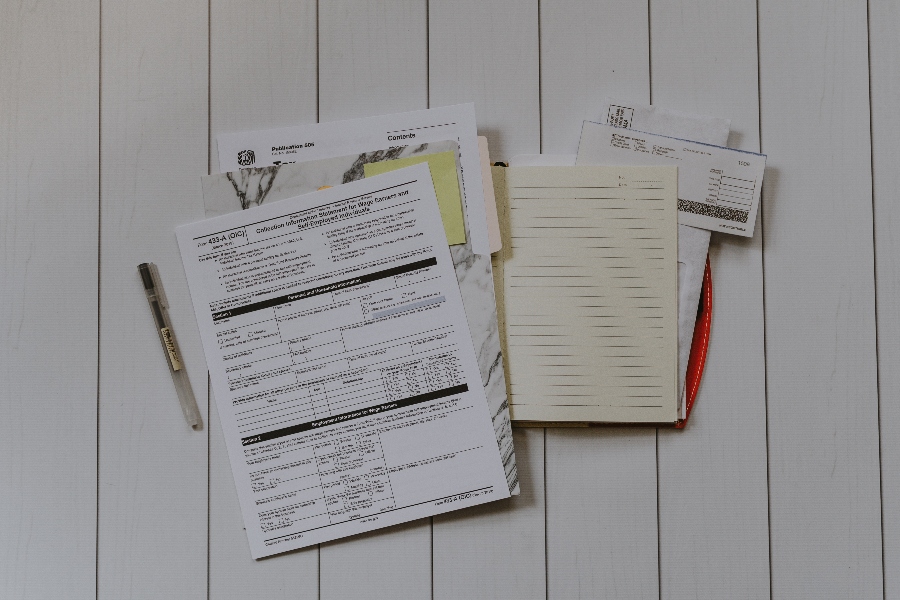The Coronavirus pandemic has adversely affected small businesses more than any other; the worldwide lockdowns have seriously affected orders and sales – especially for restaurants, due to the social distancing protocols. To help out in these times, small business taxes have experienced some changes for the better.
Types of Small Business Tax
As a small business, you’re already familiar with the various taxes for which you’re held liable: income tax, employment tax, self-employment taxes, estimated taxes and excise tax. Although the following will inform you of the alterations made to small business taxes due to Covid-19, you should always consult with a CPA to ensure compliance.
Employee Retention Tax Credit
Known as the ERTC, this specifically coronavirus-friendly tax change helps small businesses keep employees. The requirements are minimal: if your business was partially or fully shut down, or lost half of its quarterly revenue when compared to the same quarter in the year 2019, then you can get up to $10,000 max for each employee between a set time span.
CARES Act – Business Interest Expense
This is actually a preexisting small business tax credit that predates the current pandemic. However, it has undergone some improvements – primarily, the business interest deduction has seen a 20% increase of your taxable income from eligible businesses.
CARES stands for Coronavirus Aid, Relief, and Economic Security Act, and is responsible for the PPP loan that can be forgiven as long as all funds were used for utility, payroll or rent.
Families First Coronavirus Response Act
The FFCRA was able to secure 100% of any money paid out by a business to employees that may have either contracted the Coronavirus or who had to take off work because a family member got sick and required their care. It was/is one of the most robust small business taxes as a result of the full coverage for losses incurred at work due to Covid-19.

